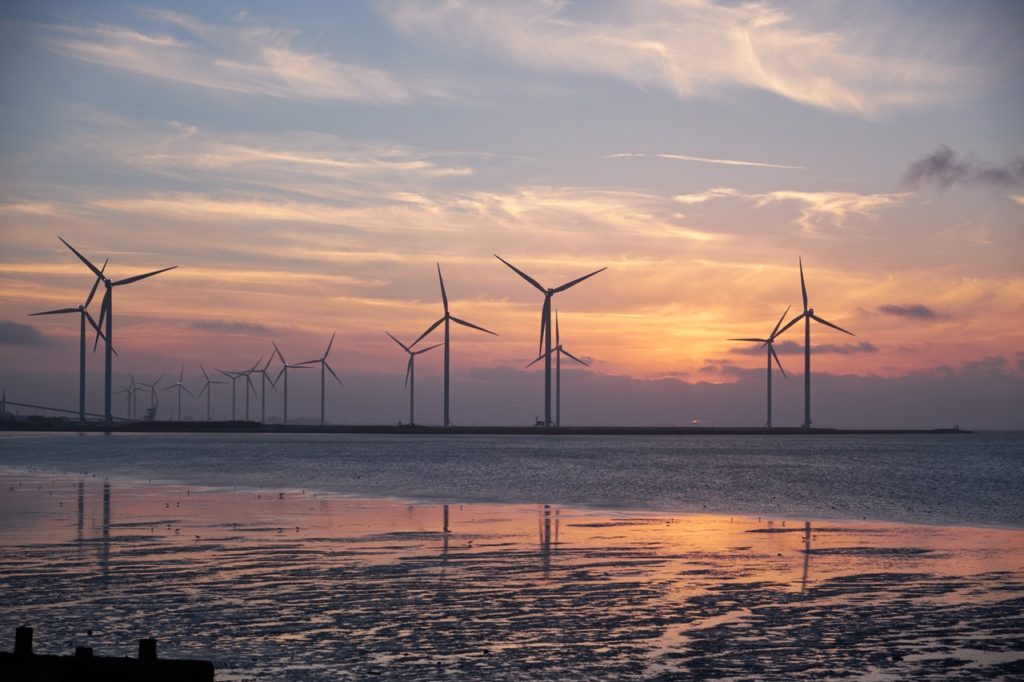We all know very well that fossil fuels cause major harm to the environment. But, unfortunately, many of us don’t know the specifics of it. First, fossil fuels mostly consist of coal, crude oil, and natural gas. They come from the remains of plants and animals from millions of years ago. And because they came from deep within the soil, they have high rates of carbon content.
When we burn fossil fuels, we emit high levels of carbon into the atmosphere. According to the National Resources Defense Council (NRDC), the burning of fossil fuels is responsible for three-quarters of the carbon released into the atmosphere. Thus, our reliance on fossil fuels for energy is the driving force of climate change.
As citizens, we might think that there isn’t much we could do about that. It’s not like we could single-handedly bring down power plants and oil tycoons of the world. But in our own houses, we can make a lot of differences. And if we work together with our peers, then we can make a difference to our communities. Here are the specific steps that we could take towards energy efficiency.
Maintain an Energy Plan for Our Home
The first step to ensuring that our home is energy efficient is planning our energy sources properly. We should start to shop for electricity plans. This way, we are gauging our energy needs right from the start. We can analyze our home’s energy usage. With the data that we gathered, we can find the best ways to develop our energy plan. And by having a proper energy plan, we can plan out our expenses for energy. We can look for ways to reduce our bill and save more money,
This is a crucial step before we could even entertain the idea of integrating solar energy into our home. We need to understand first how much energy do we need. We need to know first which are the appliances that consume a lot of energy. Thus, we will know which things we can give up and donate to others in need.
Consider Our Solar Energy Options
Having a house that runs on solar energy is a great way to conserve energy and help save the environment. We all know this. But what many of us don’t know is that transitioning to solar energy is not as easy we think. We can’t just purchase solar panels, install them, and call it a day. There are much more things to consider.
Understanding our energy consumption can help us decide on the type of solar panel that would be the best for our home. There are three to choose from. One is monocrystalline. The second is polycrystalline. And the third is thin-film. Each of them come at different prices. They also have differences in terms of performance. Again, it all depends on what our homes need.

The next thing that we have to consider is where to install the panels. Most homes have solar panels installed on the roofs. But not all roofs are stable enough to carry the heavy-duty panels. The shape of the roof needs to be also considered. Slanted roofs are much better options because, this way, rainwater, snow, and other dirt can slide off the panels.
Then, once we all work out the location and expenses of the panels, we also have to handle the needed permits and approvals from the local, state, and federal governments. Government officials need to inspect first if our homes and locations are appropriate and safe for solar energy.
Make Small Changes
After sorting out the energy plan and solar panels, our work towards energy efficiency isn’t done. We also have to adjust some of our own practices. The good thing is that this only entails some of our habits.
For example, instead of relying on air conditioning, let’s open more windows and doors. This way, we’re letting natural airflow into the home. Instead of using the dryer after washing our laundry, let’s hang them outside to be air-dried.
Even our morning routine can be adjusted in small ways. Instead of using our Nespresso machine, let’s use a Chemex or French press. And, during our downtime, instead of watching TV, we can just read a book.
These may be small and insignificant things. But they can come a long way for our energy efficiency.
There are countless ways to help save the environment. But energy efficiency is one of the most impactful things that we can do. By saving more energy, we’re reducing our reliance on harmful fossil fuels. We’re reducing our carbon emissions. And the best thing is that energy efficiency is something that we can do right at home and on our own terms.

